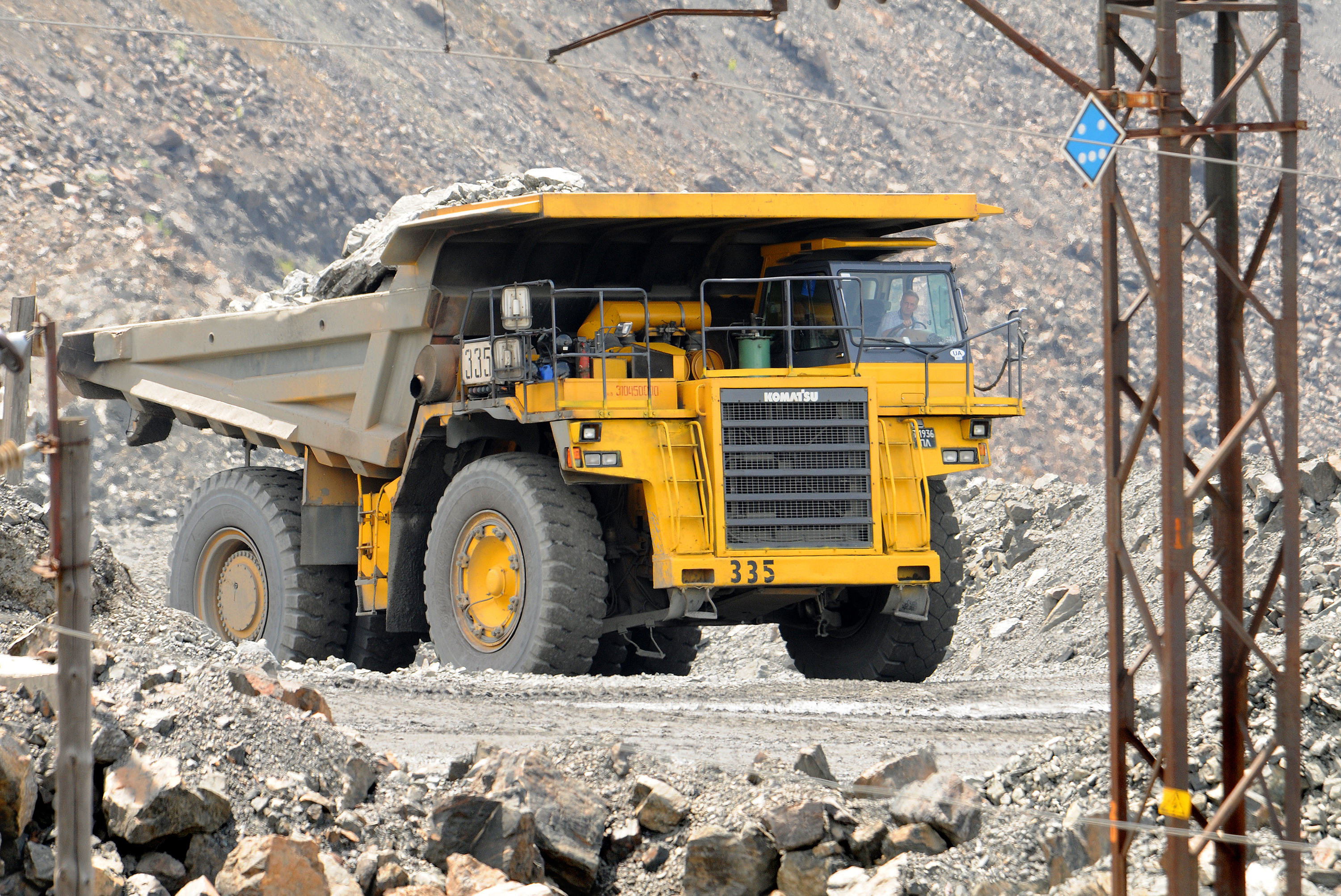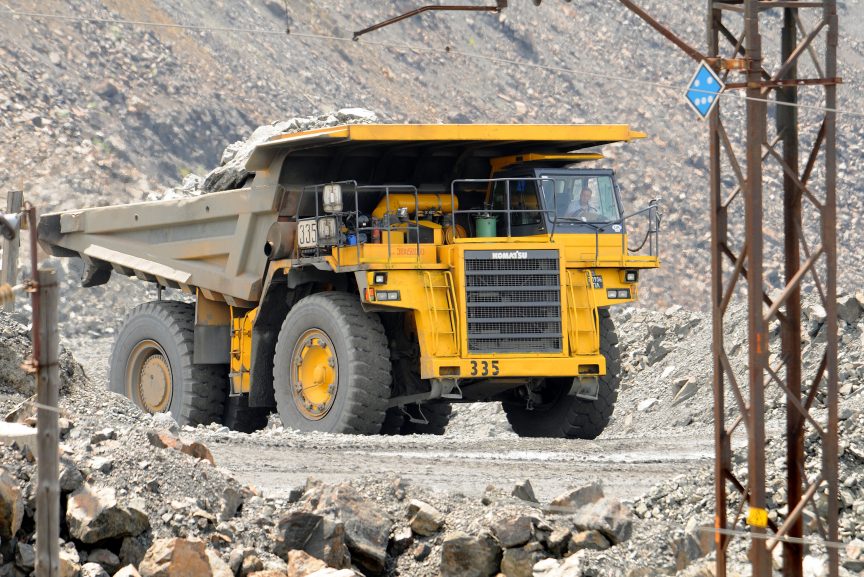
The mining industry has been quick to acknowledge and adopt the trend towards electric vehicles — technicians have already been able to retrofit trucks and other mining equipment to work on electric power, pointing towards bigger developments in the future.
In early October, General Motors announced that it’s working toward an “all-electric future,” with plans to introduce at least 18 entirely electric car models by 2023. The news comes just after Proterra announced that its Catalyst E2 Max bus had broken the world record for longest distance traveled by an electric vehicle on a single charge. Built with a battery carrying nine times the capacity of those powering Tesla sedans, the Proterra bus traveled a staggering 1,101 miles before recharging, setting a new performance benchmark.
As electric vehicles continue to advance, it’s no surprise that the mining industry, eager to find new ways to increase efficiency and lower operational costs, is making a similar investment in them. If a recent initiative from two Swiss industrial companies is any indication, they could become common at worksites around the world within the next decade.
High-Powered and High-Performing
Though just as massive and efficient, electric mining vehicles consume less fuel and produce fewer emissions than their diesel-powered counterparts. The world’s largest at the moment is a converted Komatsu dumper truck weighing 110 tons when loaded. Two Swiss companies, Lithium Storage GmbH and Kuhn Schweiz AG, were able to disassemble a Komatsu 605-7 truck, replace its engine with an electric motor, and install a 700 kWh battery pack.
A typical dumper truck, used to transport ore to and from mining sites, consumes 50,000 to 100,000 liters of diesel a year and emits up to 262 tons of carbon dioxide. By comparison, the electrified Komatsu truck actually accumulates 40 kWh of energy whenever it travels down a hill thanks to “regenerative braking,” a process that allows it to run for longer while simultaneously using less energy.
The truck is only a prototype of a potential model, but it is expected to be integrated into regular operations in the near future on the slopes of The Chasseral in Switzerland. If the trial is successful, Kuhn Schweiz will convert additional trucks and add them to its product line.
Environmentally Friendly Trucks Need Environmentally Friendly Roads
As cost-effective and environmentally friendly as electric mining vehicles might be, they can still kick up fugitive dust into the surrounding air when driven on unpaved haul or access roads. This poses a risk to your workers, your equipment, and the surrounding environment.
With over 40 years of experience in the mining industry, Midwest Industrial Supply, Inc. has the knowledge and expertise needed to help companies manage their unpaved roads that resist erosion, ensuring that electric vehicles produce as little dust as possible.
Mining companies need to utilize effective managed dust control programs to maximize efficiency, reduce maintenance costs, and ensure compliance with labor laws and environmental regulations. With over 40 years of experience in the mining industry, Midwest Industrial Supply, Inc. has the experience needed to provide them with proven solutions to all of their dust control needs.
When properly applied under the supervision of a Midwest expert in the field, our organic dust control products like EK35® and EnviroKleen® bind particulate matter together in order to prevent airborne dust from escaping, improve air quality, and make critical haul and access roads more durable. Regardless of what you’re mining, Midwest will work with you to develop a reliable dust control program customized to the specifications of your site and operation.


